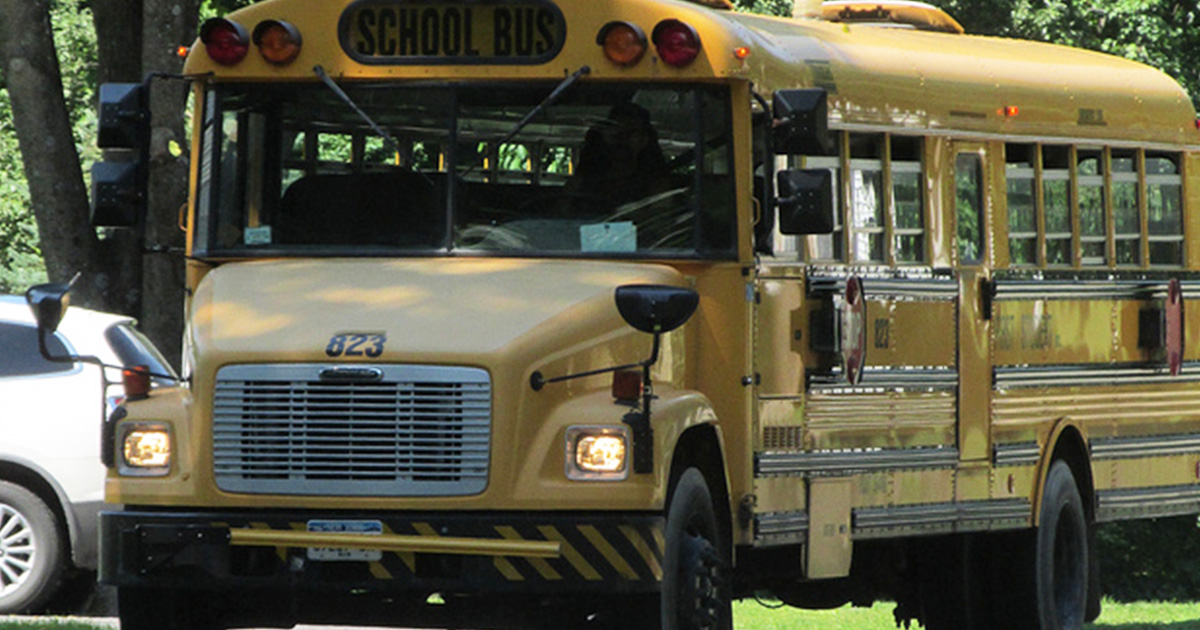Here's Why Chance the Rapper is Meeting with the Governor of Illinois

By:
In the middle of the state's ongoing budget debate, Chance the Rapper is meeting the governor of Illinois Wednesday to talk about some troubling accusations from Chicago Public Schools.
The Chicago rapper, whose legal name is Chancellor Bennett, requested a meeting with Gov. Bruce Rauner via Twitter shortly after taking home three Grammy awards on Feb 12.
The meeting comes after Chicago Public Schools (CPS) filed a lawsuit against the Republican and the Illinois State Board of Education on Feb. 14, alleging that the state not only under funded CPS, but also violated the civil rights of the black and Latino children who make up the vast majority of the student body. The lawsuit also alleged that holding a separate teacher pension system, one for the state and another for CPS, violates the Illinois Civil Rights Act, according to USA Today.
 Flickr - flickr.com
Flickr - flickr.com
“Chicago students, who are overwhelmingly students of color, are learning in a separate but unequal system,” CPS CEO Forrest Claypool said in a statement. “The message from the state is that their educations matter less than children in the rest of Illinois, and that is both morally and legally indefensible.”
Illinois hasn't had a budget since 2015 because of disagreements between Rauner and the state's democratically controlled legislature, according to USA Today.
Another significant layer to Chance's meeting with Rauner is that his father, Ken Williams-Bennett, is the deputy chief of staff to Chicago Democratic Mayor Rahm Emanuel, a public opponent of Rauner's whose school board is suing the governor, according to The Washington Post.
People on Twitter encouraged Chance to be an advocate for not only his hometown but all Illinois residents.
The U.S. is investing less in public school students, especially those with students of color.
States are primarily responsible for funding public schools and that money varies greatly depending on the state and the school district. However, in 2013, spending per student in the U.S. for elementary and secondary public schools fell for the fourth straight year, according to a 2016 report by the National Center for Education Statistics. A 2015 analysis of the federal budget from bipartisan advocacy group First Focus found that Congress cut funding for K-12 initiatives at twice the rate of overall spending cuts from 2011 to 2015.
“If you color code the districts based on their racial composition you see this very stark breakdown," David Mosenkis, a data scientist who found that school districts with minority children get less money, told The Atlantic in September 2015. "At any given poverty level, districts that have a higher proportion of white students get substantially higher funding than districts that have more minority students.”
